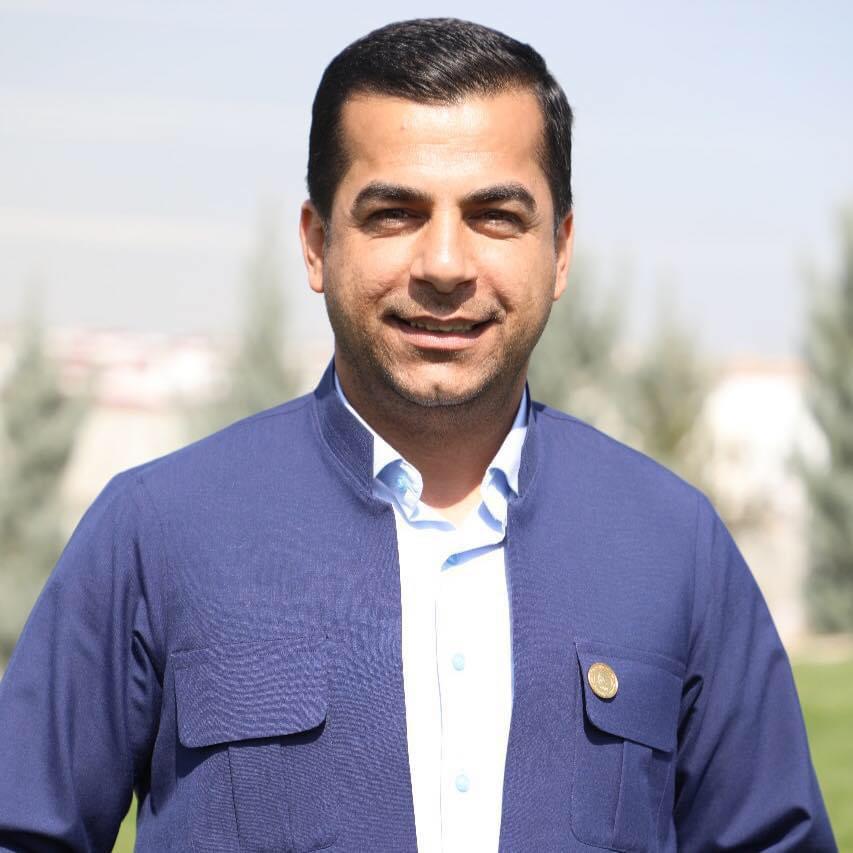By Dyar Mala khdir
The general population census process is considered one of the largest and most important strategic development and planning projects for any country’s government. It aims to obtain complete data and information about population demographics, economic conditions, service levels in health, education and social sectors, as well as information about different social classes and their distribution by gender, age, and geography, number of children, youth and elderly, urban and rural residents, literate and illiterate, healthy and sick, poor and wealthy, civil servants, business owners, etc.
In developed countries, due to technological advancement, governments have all citizen data readily available and it may be updated daily. However, in a country like Iraq, such data is not available – not just population numbers and their information, but the government may not even know the exact number of its civil servants, soldiers, and salary recipients! The general population census in Iraq, despite being supposed to occur every 10 years, has been postponed multiple times for various reasons for more than three decades. It is now scheduled to take place on November 20-21, 2024, for the first time in new Iraq (after the fall of the Baath regime) across the entire country, including the Kurdistan Region.
The general population census in Iraq is taking place at a time when disputed territories are going through difficult circumstances. Since the events of October 16, 2017, the situation has not normalized and is getting worse, particularly regarding Arabization and militarization processes. Therefore, this process at this time is not in the interest of the Kurdish nation.
After the fall of the Baath regime, we can say that the Shiite component prevented the census that was supposed to take place in 2007, and similarly, the Sunni component prevented the process in 2010. However, now conducting this process is in their interest. While the ethnicity and sect fields have been removed from the personal registration form in the general census, this doesn’t mean there are no risks for the Kurdish nation in these areas. Rather, it requires serious consideration because after the October 16 events, a very large number of Arab families have been brought to Kirkuk and other disputed cities and towns, settled there, and are receiving financial support. If these families are registered as citizens of Kirkuk or other disputed areas, they pose a major threat to the future and fate of these regions. If we take Qaraj district in Makhmour as an example, we see that until now not even one Kurdish family has returned to the district! This is in addition to the fact that 37 Kurdish villages in the district remain empty! How will census takers deal with this problem and how will the information be recorded?
Furthermore, how and by what mechanism will those Kurdish families who are originally from Kirkuk, Makhmour, Khanaqin, and Sinjar – whose food ration cards, voting cards, and records are in those areas but who are now residing in Kurdistan Region cities – be registered in this process? This is a crucial issue that the Kurdistan Regional Government must seriously consider, especially since the results of this process will become the standard and basis for each province and city’s budget share, as well as determining the number of parliamentary and provincial council seats, service provision, and several other matters based on the results of this process.

